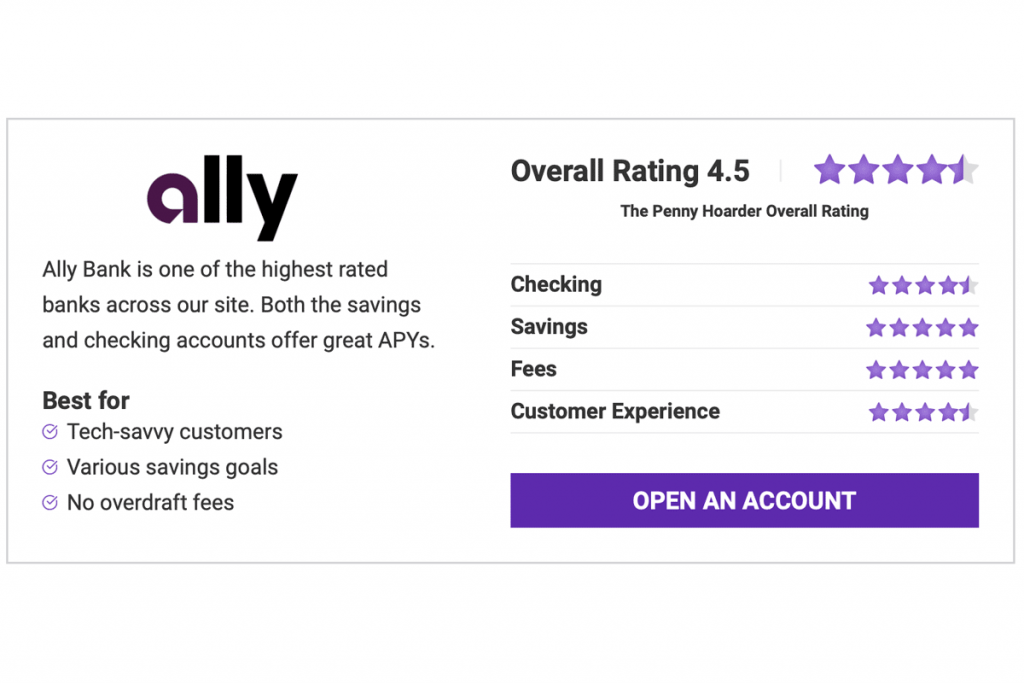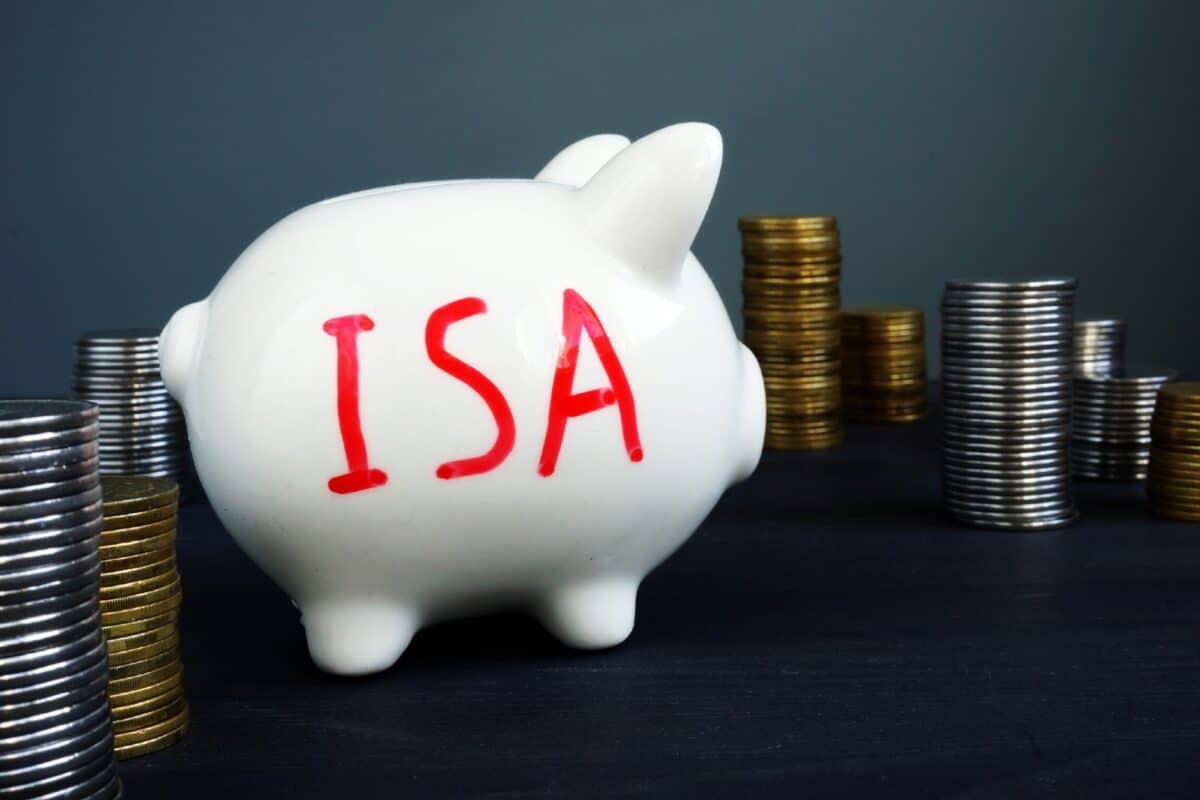On June 13, the S&P 500 index ended the trading day in a bear market. Still, the milestone was nowhere near as dramatic as the stock market crash of March 2020, when COVID-19 sent markets across the globe into mayhem.
But there are plenty of reasons you may be worried stocks will continue to spiral downward, including continued out-of-control inflation and supply shortages, additional interest rate hikes and war in Ukraine.
The difference between a bear market and a stock market crash isn’t exactly precise. Both are defined as a 20% drop from the stock market’s most recent highs. But a crash typically happens rapidly, whereas a bear market is a prolonged period of decline. In 2022, for example, stocks have gradually fallen into bear market territory after reaching an all-time high in January.
First, the bad news: Yes, the stock market will crash again at some point. Stock market crashes are completely normal. From 1929 to 2021, the stock market crashed 21 times. It’s inevitable that it will crash again. We just don’t know when.
Now the good news: Historically the stock market has always recovered over time.
If you start preparing now, your finances will bounce back next time the market crashes as well.
5 Ways to Prepare for a Stock Market Crash
The problem is that many people don’t start thinking about how to prepare for a stock market crash until after the market has already crashed. That’s not exactly helpful advice when we’re already in a bear market. But no one knows how much further stocks may drop.
You can still take action now to mitigate the damage later. In many situations, though, the best action plan will be to wait things out.
1. Don’t Try to Time Your Way Out
Some people attempt what’s known as market timing, which means they try to cash out their investments before the market crashes. Or they don’t invest when stocks are surging because they think the market is overpriced.
The problem is that even the best minds on Wall Street can’t predict the market’s highs and lows. The stock market could stay hot for a long time. If you avoid investing out of fear or because you’re hoping to buy when the market dips, you could miss out on significant gains. And if you cash out after stocks have already fallen, you’ll lose money or seriously diminish your returns.
A better strategy is to practice dollar-cost averaging, which means you invest a set amount at regular intervals. If you invest in a 401(k) or a similar employer-sponsored retirement account, you’re already doing this since you’re investing money from each paycheck. The same goes for if you automatically invest each month in a Roth IRA or traditional IRA. Over time, dollar-cost averaging tends to produce better returns than trying to time the market.
2. Build Your Emergency Fund
An emergency fund is the best investment you can make if you’re worried about a stock market crash. You need a cash cushion in case you’re hit with a big expense or a job loss right after the market has tanked. Otherwise, you may have to dip into your 401(k) or other investments before they’ve had time to recover. If you’re younger than 59 ½, you could also face early withdrawal penalties.
If you don’t have at least a six-month emergency fund, make building one a high priority. Of course, this is a long-term goal that may take years to achieve. But any safety net you’re able to build is a win.
Try to budget at least 10% of your paycheck for emergency savings. If that’s not doable or you want to speed up your progress, taking on a side hustle to build your reserves is a good strategy.
If you’re approaching retirement or you’ve already retired, it’s especially important to make sure you have ample cash reserves. An ill-timed crash can devastate your retirement plans by forcing you to sell investments before they’ve recovered or claim Social Security too early.
Consider meeting with a fee-based financial adviser if you’re retired or plan to retire in the next five years. They can help you determine how much cash you should have on hand and whether you have the right ratio of stocks vs. bonds.
Though retirees typically want a higher concentration of bonds than someone with a decade or more left until retirement, rebalancing after a decline in the stock market isn’t a wise move. If you’re retired and need to withdraw money — to pay for expenses or due to required minimum distributions (RMDs) — you’ll typically want to sell bond holdings instead of stocks to avoid taking substantial losses. After the stock market recovers, you can rebalance your portfolio.
3. Limit Individual Stocks to 5% of Your Portfolio
Maintaining a diversified portfolio is essential to weathering a stock market crash. If you invest in stocks of individual companies, try to limit any single investment to no more than 5% of your overall portfolio.
Whenever you invest in stocks, you risk losing money just because the market is down. But the risks of investing in individual stocks are greater compared to investing in index funds that move up and down with the overall stock market. For example, there’s the risk that one industry will be hit especially hard, as occurred with tech stocks during the dot-com crash, and risks specific to a company, like poor management decisions or increased competition.
4. Rethink Risky Investments
If you’ve made a lot of money in the past on risky investments like cryptocurrency or penny stocks, think very carefully before investing more. There’s nothing wrong with investing a small amount of money in a high-risk investment, provided that you have adequate savings and you don’t have high-interest debt. But these investments are way more volatile than the overall stock market, so your losses could be especially steep.
5. Decide Now if You Want to Invest More
A stock market crash can be a great opportunity to invest more if you have the stomach for it. Provided that you have a solid emergency fund and you’re investing for retirement, you could set aside extra money to invest when the stock market crashes.
Because it’s natural to panic when stocks nosedive, make a plan now. For example, you could decide that you’ll invest $X extra if the S&P 500 index falls below 3,500. Or if there’s a stock you want to buy, you could decide that you’ll buy it if the price drops below a certain level.
This may seem counterintuitive to what we said about not trying to time the market. To be clear, saving money to invest when stock dips is a strategy you should use only if you’re already dollar-cost averaging by investing for retirement. But if your finances are in good shape and it fits with your risk tolerance, it’s OK to prepare for some bargain hunting next time stocks crash.
What Should You Do When the Market Crashes?
Probably nothing. A stock market crash is panic-inducing, but it’s best not to make major decisions about money from a place of fear. Keep investing in your 401(k) after a crash unless your financial situation has drastically changed. Avoid checking your account daily.
It’s never pleasant to see your net worth nosedive. But if you don’t sell your investments at a loss, you really haven’t lost money. With time and patience, your finances will eventually recover.
Robin Hartill is a certified financial planner and a senior writer at The Penny Hoarder. She writes the Dear Penny personal finance advice column. Click here to subscribe to the Dear Penny newsletter.
Credit: Source link














